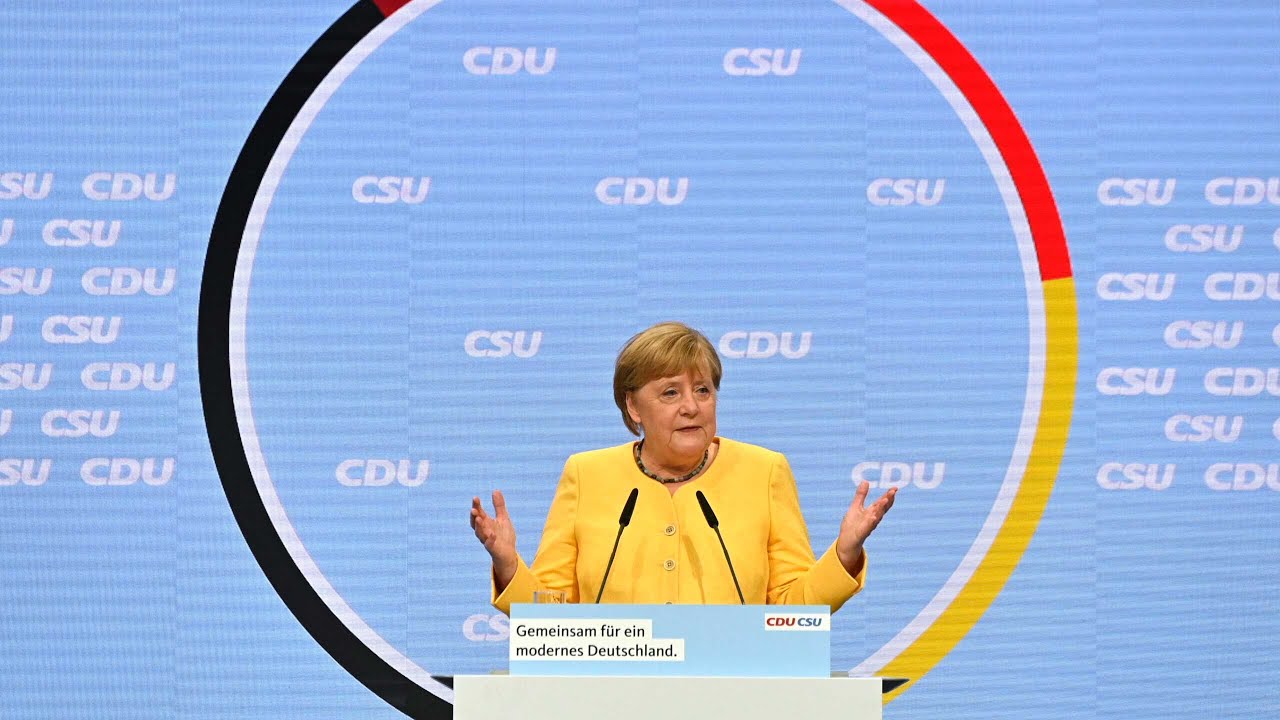The Post-Merkel Era: Towards More or Less European Solidarity?
On this night at De Balie we will discuss Germany’s political future and the impact of the election result on European integration and solidarity
Guests
Laurens Boven, Berlin Correspondent, De Telegraaf
Luuk van Middelaar, Professor of EU Law, Leiden University
Jana Puglierin, Senior Policy Fellow and Head of Berlin Office, ECFR
Chaired by
Marcia Lutyen, Journalist and writer
On September 26, Germans will cast their votes to elect a new Bundestag or federal parliament. The result will determine who will succeed Angela Merkel. On this night at De Balie, ECFR will join a panel to discuss Germany’s political future and the impact of the election result on European integration and solidarity.
Germany’s 2021 election is much more significant than it may look. After 16 years as German chancellor, the longest-serving leader in the European Union will pass the torch. Ever since ‘mutti’ Merkel took office, Germany has been a major driving force within the EU. Whether Armin Laschet (CDU/CSU), Annalena Baerbock (Green Party) or Olaf Scholz (SPD) will be the next Bundeskanzler(in), Merkel’s departure raises questions about (the future of) Germany’s political stability, the geopolitical power of the EU and solidarity among member states. There’s no doubt her shoes will be hard to fill.
Considering the France presidential election in April 2022, the next twelve months could prove to be critical for the European Union.
In addition to this discussion, the makers of the Dutch electro-opera Merkel (Nineties Productions/Orkater, 2019) will contribute to the evening with theatre performance.
This is a “Testing for Entry”, ticketed event in Amsterdam. Please visit De Balie’s website for further information.

